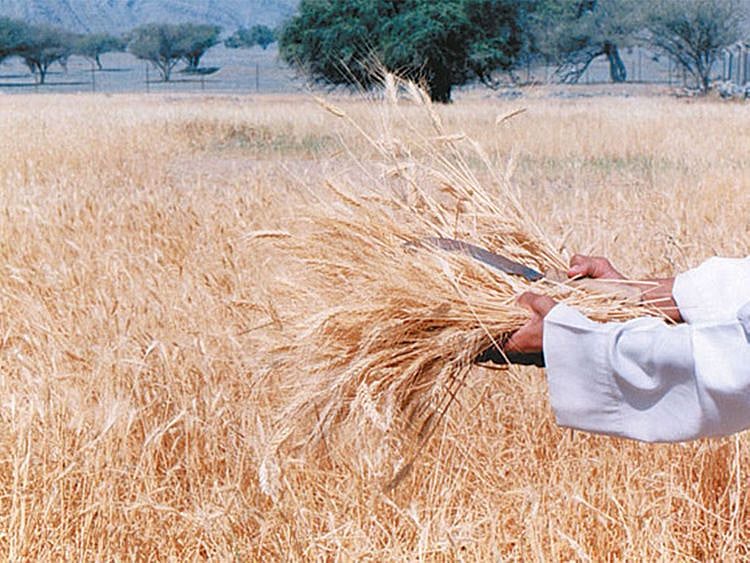India bans wheat exports as heatwave dents output
Indonesia has halted palm oil exports, while Serbia imposed quotas on grain shipments

New Delhi: India prohibited wheat exports that the world was counting on to alleviate supply constraints sparked by the attack on Ukraine, saying that the nation’s food security is under threat.
Exports will still be allowed to countries that require wheat for food security needs and based on the requests of their governments, India’s Directorate General of Foreign Trade said in a notification dated May 13. All other new shipments will be banned with immediate effect.
The decision to halt wheat exports highlights India’s concerns about high inflation, adding to a spate of food protectionism since the war started. Governments around the world are seeking to ensure local food supplies with agriculture prices surging. Indonesia has halted palm oil exports, while Serbia and Kazakhstan imposed quotas on grain shipments.
Curbing exports would be a hit to India’s ambition to cash in on the global wheat rally after the war upended trade flows out of the Black Sea breadbasket region. Importing nations have looked to India for supplies, with top buyer Egypt recently approving the South Asian nation as an origin for wheat imports.
Bloomberg News reported earlier this month that a record-shattering heat wave has damaged wheat yields across the South Asian nation, prompting the government to consider export restrictions. The food ministry had said it didn’t see a need to control exports, even as the government cut estimates for India’s wheat production.
Shipments with irrevocable letters of credit that have already been issued will still be allowed, according to the latest notification. Traders have contracted to export 4 million tons so far in 2022-23, the food ministry said on May 4. After Egypt, Turkey has also given the approval to import wheat from India, it said.
India targeted to export a record 10 million tons in 2022-23.
But its domestic challenges have come into sharper focus in recent weeks. Hundreds of acres of wheat crops were damaged during India’s hottest March on record, causing yields to potentially slump by as much as 50 per cent in some pockets of the country, according to a Bloomberg survey.
That’s raised concerns for the domestic market, with millions depending on farming as their main livelihood and food source. The government said wheat purchases for its food aid program, the world’s largest, will be less than half of last year’s level. The ban on exports will likely hurt farmers and traders who have stockpiled the grain in anticipation of higher prices.
Sign up for the Daily Briefing
Get the latest news and updates straight to your inbox
Network Links
GN StoreDownload our app
© Al Nisr Publishing LLC 2026. All rights reserved.